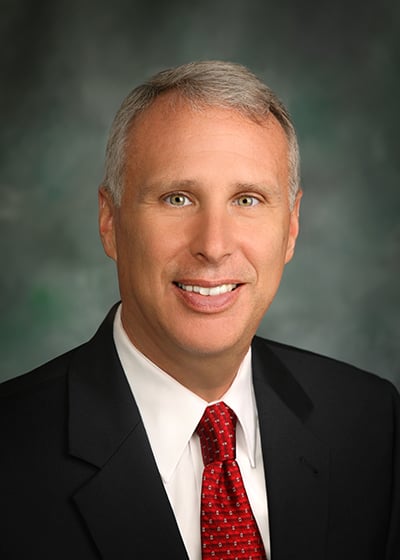The most common interview question faced by job candidates seems simple, but it can derail even the most qualified candidate – especially those who’ve served or been part of a military family.
Job-seekers can expect to hear “Tell Me About Yourself” many times during their interview journey, even multiple times when seeking the same job – during a screening phone call, to lead off the one-on-one interview with your future boss, as part of a panel interview, and ultimately from a hiring manager immediately prior to a formal job offer.
So, if candidates know “Tell Me About Yourself” likely will lead off many critical interview sessions, why do so many stumble out of the gate?
Upcoming MOAA Transition and Career Events
- January Online Event Series: Finding Your Dream Job
- Jan. 12 Webinar: Exploring AI in Career Transition
- Jan. 15: MOAA's Virtual Career Fair and Hiring Event
Singular Statement
Those who serve or have served, and their spouses, are used to downplaying ourselves and elevating the team around us. When receiving credit for a job well done, the tendency is to redirect that praise to co-workers, subordinates, or family members.
As a career consultant engaging with transitioning servicemembers, I remind them that we were hardwired at our commissioning source or basic training that there is no “I” in “Team.” From that moment on, we are more comfortable talking about the achievements and accomplishments of the broader collective rather than ourselves.
This noble gesture may be part of an effective leadership strategy, but it won’t do much good when asked to tell a job interview about yourself. A strong answer requires the interviewee to get “I” back into the lexicon. By articulating how your actions contributed to the results and outcomes, you can better demonstrate your value proposition to the employer.
[RELATED: More Transition and Career Resources From MOAA]
Lacking Interview Reps
When servicemembers move to a new assignment, they don’t sit for a job interview with their new boss. For some veterans, their last real “job interview” may have been for a part-time position during high school.
Spouses are no strangers to the private sector, but interviews aren’t part of the professional process for spouse entrepreneurs, or for spouses who’ve been out of the workforce while their servicemember remained in uniform, or those fortunate enough to find a portable career.
This lack of interviewing experience means the candidate may be unfamiliar with the primary purpose of “Tell Me About Yourself”:
- Do they want your life story in summarized form? “I was born in Ohio, graduated from college, got commissioned, served a full military career, and have three children.”
- Do they want your entire professional history in great detail? Is it the time to walk through your two-page résumé, line by line?
- Do they want to hear about hobbies, home life, or other outside-the-office pursuits?
These aren’t the correct answers, unless the candidate’s goal is to make the interviewer’s eyes roll into the back of their head.
So, what’s the secret to tackling “Tell Me About Yourself”? Check back in the weeks ahead for a template.
Download Marketing Yourself for a Second Career
Newly updated! Learn what you can do to prepare yourself for a successful transition from military career to civilian career. This handbook shows you how to create an attention-getting resume, cover letter, and more. Get tips on self-marketing, job search, interviews, and interviewing. (Available to Premium and Life members)


